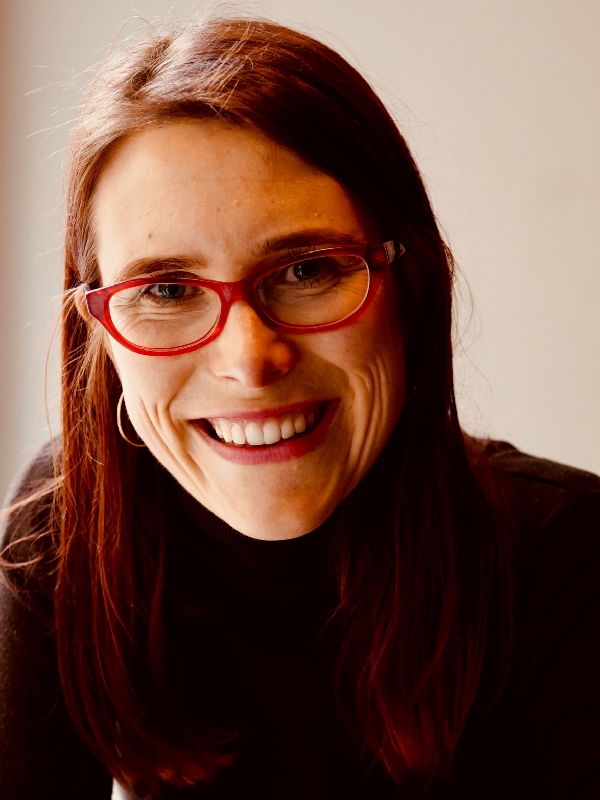Incorporating of digital tools into obesity services and patient pathways
My Topol fellowship problem / project:
The growing problem of obesity now affects at least 25% of UK population. Obesity increases the risk of chronic health problems, such as diabetes, heart disease, liver disease and shorter life expectancy. Support for those referred is inadequate with the provision of specialists being in short supply, with long waiting times and infrequent contact. Changes to obesity pathways are necessary in order to increase efficiency, provide more successful treatment and grow capacity.
The incorporation of digital health tools into obesity services supports The NHS Long Term Plan in providing digitally-enabled care and the prevention of illness associated with obesity. Along with initial diagnosis and treatment planning, a proportion of initial appointments in obesity service are focused on initiating data collection, recording lifestyles and consumption habits and explaining why these are relevant. Introducing digital intervention at the time of referral from primary care to a specialist could kickstart the treatment path and provide continuous assistance.
The Topol Review highlighted the need for patients’ involvement in the co-design of transformation projects, particularly in identifying how digital healthcare technologies can help to improve both patient experience and staff productivity. Patient involvement will be key in my project.
The first step in my project is to introduce an NHS-endorsed app supporting lifestyle changes into the obesity service. I will hold multiple workshops to engage patients and the public and explore their views on the use of this app. Lessons learned from patients and staff will inform the second part of my project, which will be to create a bespoke app for patients in Tier 4 obesity services that transforms obesity management in the NHS.
About me
I am a Clinical Research Fellow in Endocrinology and Diabetes. I have completed the Academic Foundation Programme and an Academic Clinical Fellowship which enabled me to undertake research in the field of metabolic medicine alongside my clinical training.
Over the last four years I have worked in Specialist Obesity Services and looked after patients with obesity and diabetes. I have furthered my understanding of these conditions by exploring metabolism, obesity and diabetes in my PhD.
In 2019 I introduced new digital tools into the obesity service and established a research network combining concepts of machine learning and mindfulness for prevention of metabolic disease at Warwick University. I am also an Associate Fellow of the Higher Educational Academy.

